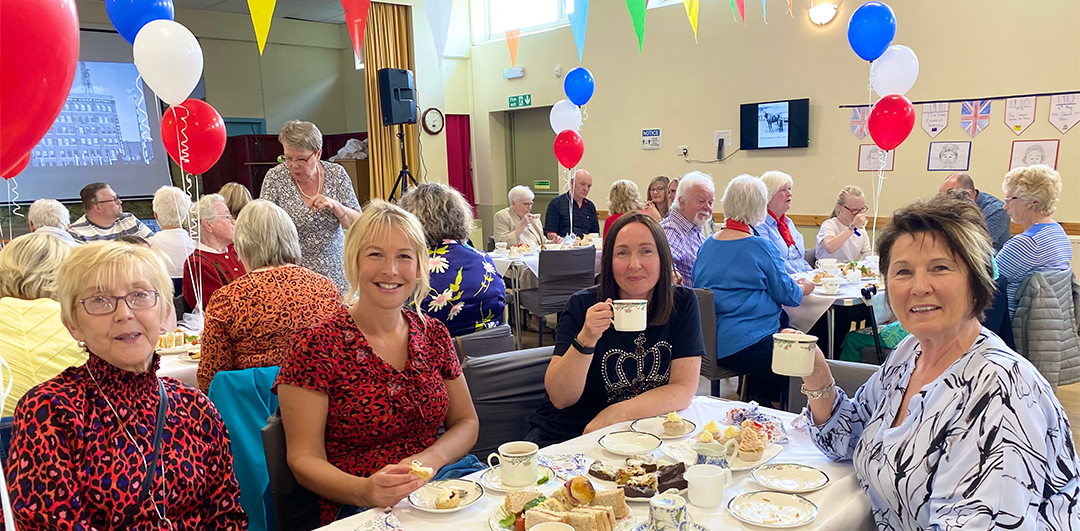Prisoners of War
After the Second World War ended, captured German and Italian prisoners were billeted at a camp in the former WAFF quarters at Shielhill. In 1949, many of them returned to East and West Germany, some to be discharged from the Army, although many others decided to remain in Scotland. Joseph Hornung, who decided to stay, recalls "I was taken prisoner of war in March towards the end of the war by American Troops. When the Americans left we were transferred to British custody. Work consisted of agricultural camps in Cornwall and Devon, draining and industrial work at Newton Abbott. I spent 4/6 weeks at Errol prior to arriving at Shielhill, Tealing in February 1948. I worked mainly on farms, planting saplings, and doing any other work, wherever needed.
Conditions at the camp were basic but comfortable and everyone was treated well. At this time we more or less had civilian status. There were no restrictions and we enjoyed camp evening entertainment, visiting Dundee and having outside entertainers who provided programmes and dancing on many weekends. While at Tealing I had the chance to stay on or go back home to East Germany, but I decided to stay a year to earn a copper or two. However, that year, I met my future wife, a Dundee girl, at a Sunday night dance in the Empress Ballroom. When I saved some money, I bought clothes to send to my mother. Peem (Jim) Reid, at Over Finlarg asked me to consider working for him on a permanent basis. I liked the atmosphere at Finlarg and decided to accept the offer. At first I shared a Bothy with 3 other countrymen. On marrying in 1951, we moved to our first cottage, but there was no electricity or luxuries then. I spent many happy years at Over Finlarg and both my daughters were members of the Tealing Guides and participated in community activities. I was presented with the Long Service Medal (proudly displayed) by the Earl of Strathmore at the Angus Show in 1979. I retired in April 1991 after 43 years at Over Finlarg and now live in Dundee, spending much of my time at my allotment. Preparing the soil, sowing and planting, then watching the results throughout the seasons remains very close to the heart".
Mr Egon Rode, who is now settled in Dundee, had a similar experience except that he returned to East Germany to be discharged from the Army before returning to settle in Scotland. Charlie and Margaret Young at Shielhill have fond memories of these times and recall that the prisoners of war were largely hard working, reliable and friendly. They have kept in touch with one man who did return to Germany and he has visited Scotland several times now with his family.
